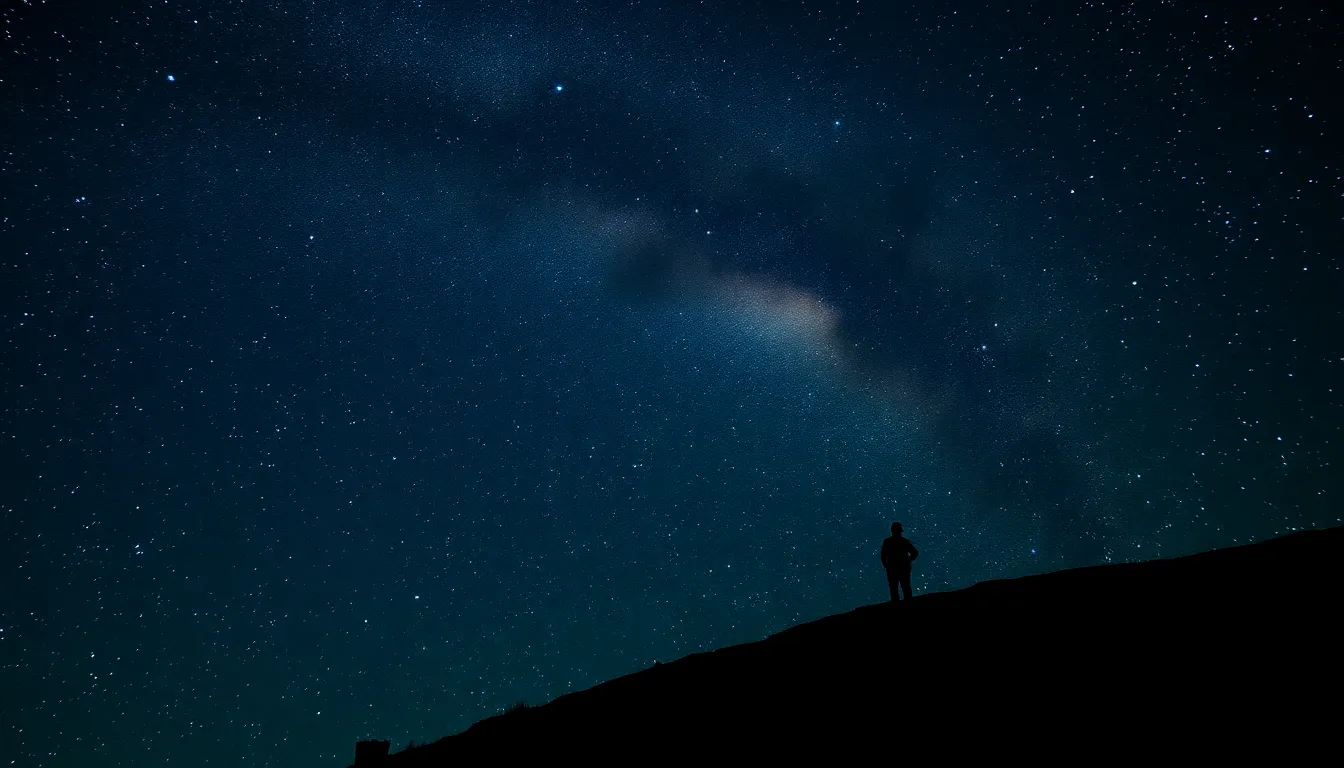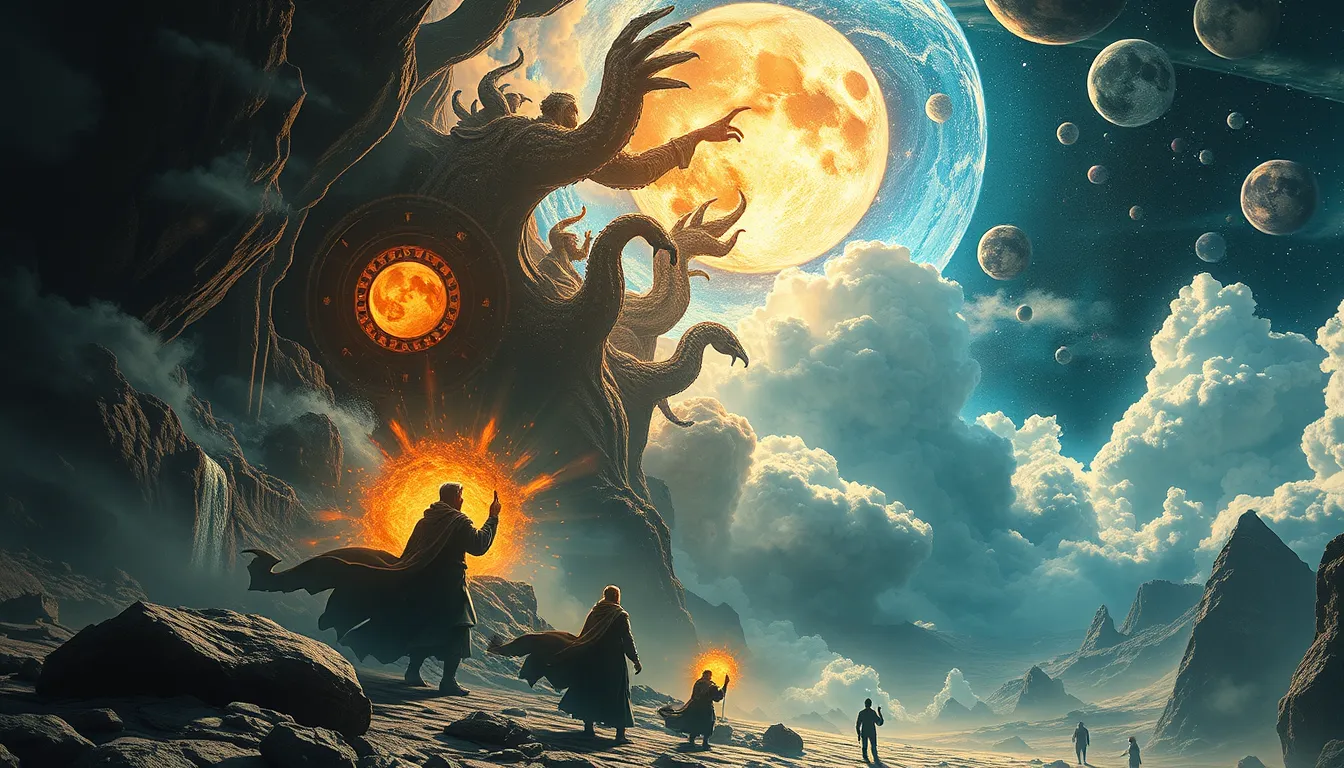Introduction
Creation myths are fundamental narratives found in cultures across the globe, serving to explain the origins of the universe, humanity, and the natural world. These myths provide frameworks for understanding our place in the cosmos, instilling values, and shaping religious beliefs. We delve into two prominent creation myths, the Popol Vuh of the Maya civilization and the Genesis account found in the Judeo-Christian tradition, exploring their unique narratives and underlying messages.
Popol Vuh: The Mayan Creation Myth
The Popol Vuh, meaning "Book of the People," narrates the creation story of the Kʼicheʼ Maya people of Guatemala. In this myth, the world begins as a dark and silent void inhabited by the creator deities, the Heart of Sky, and the Feathered Serpent. Through divine dialogues and acts of creation, they first establish the Earth's surface and then proceed to fashion animals and plants. Yet, these initial creations lack sentience and the ability to praise their creators.
Undeterred, the deities resolve to create humans. In the first attempt, they mold humans from mud, resulting in weak and fragile beings unable to remember their creators. These mud people eventually dissolve into the Earth. The gods then try carving humans from wood, resulting in intelligent yet heartless beings obsessed with material possessions. These wooden people are subsequently destroyed by a great flood.
Determined to succeed, the deities consult with the maize deities and embark on a final attempt. Using white and yellow cornmeal, they craft four perfect human beings: Balam-Quitzé, Balam-Acab, Mahucutah, and Iqui-Balam. These humans possess intelligence, memory, and the ability to worship their creators. They become the ancestors of the Maya people, populating the Earth and establishing their civilization.
The Popol Vuh creation myth is rich in symbolism. The maize used to form humans signifies their connection to the natural world and the importance of agriculture in Maya culture. The trials and errors encountered by the deities highlight the challenges of creation and the ongoing quest for perfection. The four successful humans represent the different lineages and social groups within Maya society.
Genesis: The Judeo-Christian Creation Myth
Genesis, the first book of the Hebrew Bible, presents the creation story in a linear and divinely guided fashion. In the beginning, God, the singular, all-powerful deity, creates the heavens and the Earth out of nothingness. Through a series of pronouncements, God brings into existence light, the sky, land, seas, plants, animals, and finally, humanity.
Humans, male and female, are created in God's image, bearing his likeness and tasked with stewardship over the Earth. They are placed in the Garden of Eden, a paradise abundant with resources, but are forbidden from eating from the Tree of Knowledge of Good and Evil. However, tempted by a serpent, they disobey and are banished from Eden, facing hardship and mortality as punishment.
The Genesis creation narrative emphasizes God's absolute power and authority. He is the sole creator, responsible for everything that exists. Humans hold a special position in creation, bearing God's image and given dominion over the Earth. However, their disobedience leads to consequences, highlighting the themes of sin, judgment, and redemption.
Similarities and Differences
Despite their distinct origins and cultural contexts, the Popol Vuh and Genesis creation myths share intriguing similarities and notable differences. Both narratives emphasize the role of a supreme being or deities in shaping the world and establishing humanity. In both, creation unfolds in stages, with the formation of the Earth, the creation of animal life, and finally, the creation of humans. Both myths also address the relationship between humanity and the divine, emphasizing the importance of humans fulfilling their roles and responsibilities in the created order.
However, significant differences also emerge between the two narratives. The Popol Vuh presents a more cyclical view of creation, with trial and error preceding the successful creation of humans. The deities in the Popol Vuh engage in dialogues and collaborations, suggesting a less hierarchical structure compared to the singular, all-powerful God in Genesis. Additionally, the Popol Vuh places greater emphasis on the connection between humans and the natural world, particularly through the use of maize in their creation.
Theories and Interpretations
Scholars have proposed various interpretations and theories surrounding the Popol Vuh and Genesis creation myths. Some argue that the Popol Vuh reflects the agricultural practices and social structure of the Maya civilization, while others see it as a philosophical exploration of human existence and the relationship with the divine. Genesis, on the other hand, has been interpreted as a theological treatise establishing God's sovereignty and humanity's place within his creation. Historical and literary analyses have also explored the influences of ancient Near Eastern myths and the development of monotheistic beliefs in the evolution of the Genesis narrative.
Conclusion
The Popol Vuh and Genesis creation myths, while originating from distinct cultural and religious backgrounds, offer profound insights into humanity's quest to understand our origins and place in the universe. They provide frameworks for interpreting our relationship with the divine, the natural world, and our own existence. Studying and understanding these diverse creation myths reminds us of the rich tapestry of human beliefs and the enduring search for meaning and purpose in a vast and complex cosmos.
Frequently Asked Questions
What are the main differences between the Popol Vuh and Genesis creation myths?
The main differences include the cyclical versus linear structure of creation, the multiplicity of deities versus the singular God, the emphasis on human connection to nature, and the role of sin and redemption.
What are some of the scholarly interpretations of the Popol Vuh?
Scholars have interpreted the Popol Vuh as reflecting Maya agricultural practices, social structure, and philosophical inquiries about human existence and the divine.
What are some of the theological implications of the Genesis creation myth?
The Genesis creation myth establishes God's sovereignty, humanity's special place in creation, and the consequences of disobedience and sin.
What is the significance of studying different creation myths?
Studying different creation myths allows us to appreciate the diversity of human beliefs, understand the evolution of religious and philosophical thought, and gain insights into humanity's enduring quest for meaning and purpose.



